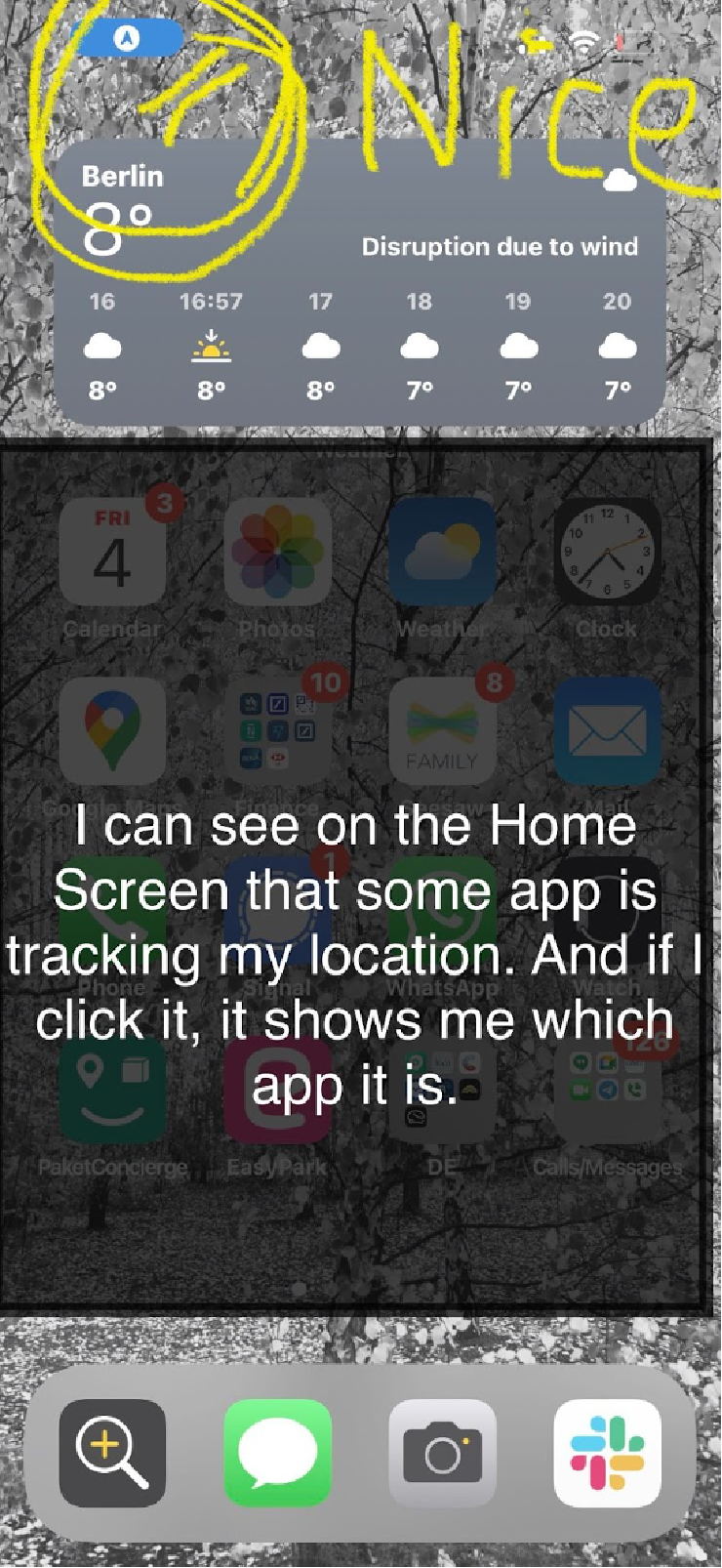
Image: Jason Briscoe adapted by Carrie Winfrey
Every day tech platforms confront us with information about how our data is used, and pop-ups with language like this website uses cookies, accept and continue are an accepted part of the online experience. Consenting to sharing data is so strongly encouraged by the platforms that “opting in” or “opting out” is not the right framework because coerced consent cannot be meaningful. However, new privacy regulations such as the forthcoming Digital Service Act from the European Union and California’s Consumer Privacy Act are initial attempts to empower individuals to give meaningful consent to data collection.
These policies are important steps to protecting people from the harms of data collection. As we describe in our ongoing work on the risks of data collection:
“Data accumulation has great power over a person’s agency, their relationships, and the communities within which they operate – and the associated harms reach almost every human being. Practitioners must therefore examine the systemic shortcomings of digital consent and commit to an ongoing iteration of consent and data governance within platforms.”
The Limits of Digital Consent Report by Simply Secure and the New Design Congress.
This MozFest workshop provides essential contextual information to improve how policies for providing meaningful consent are implemented. We invite contribution from the community documenting the status quo of how online consent works now and imagining a better future.
Open Call for Participation
There are three ways to participate in the Mozfest Reimagining Consent workshop and gallery:
-
We invite submissions via this Airtable link to an online gallery exploring the subject of online consent. We want to hear from you! From the perspectives of design practitioners, researchers, and end-users, help us:
a. Document the status quo
Collect screenshots of deceptive design examples, such as:
What interface mechanisms are used to collect consent data? What’s confusing or manipulative? Helpful and empowering?b. Imagine a bolder future
Collect screenshots of empowering consent experiences or share your own work. Let’s explore what meaningful consent looks like. How will we know if new design patterns lead to different results? How can we shift power back to end-users? -
View the gallery any time during MozFest.
-
Join us for a discussion on reimagining consent on March 8 @ 1:00 - 2:00 PM EST / 6:00 - 7:00 PM GMT.
Guide to Submissions
Although we welcome original design proposals, we encourage everyone to submit screenshots of consent to data collection examples they encounter online. From American comedian Jimmy Fallon’s Screen Grab video segments using humor to explore online life to Louise Benson’s example-filled essay on how screenshots changed visual culture, taking screenshots helps us see everyday digital interactions from a new perspective.
Because we are interested in current online experience, as lived all around the world, we encourage as many people as possible to take advantage of the tools we have to document examples of consent. Any platform, any language, any application - submit your examples.
Tips for Submissions to the Reimagining Consent Gallery:
-
Background - review how to take a screenshot.
-
Consider the role of different UI elements and patterns in consent. Here are some examples of things to consider capturing in a screenshot:
- Popup dialog box
- Notification
- Interstitial
- OS features
- Settings
-
We don’t need a lengthy explanation. Don’t be shy if you feel like you have nothing to say. Taking the time to submit a screenshot – even without using your name – helps designers, researchers, and policy makers learn about consent.
-
Examples of deceptive design patterns intentionally tricking people into sharing their data are welcome. But also consider sharing examples of things you would like to see more of, that you think work well.
-
Digital consent covers a broad range of themes – not only privacy, but also e-commerce, and competitiveness (antitrust), so consider all kinds of everyday examples: mobile games, shopping carts, region-blocked content, advertising, etc. No need to limit examples to terms and conditions for data handling.
Here are two examples to encourage more contributions:


In the above example iPhone screenshots:
First - a good example of consenting to having location tracked.
Second - a bad example of an app sharing extremely personal information and making it difficult to learn that it’s happening.
See what else has been submitted to the Consent Gallery and submit something today so that we can include it in our discussion on March 8 @ 1:00 - 2:00 PM EST / 6:00 - 7:00 PM GMT.
Book to attend the MozFest session here.
Credits: Georgia Bullen, Ame Elliott, Carrie Winfrey // Okthanks